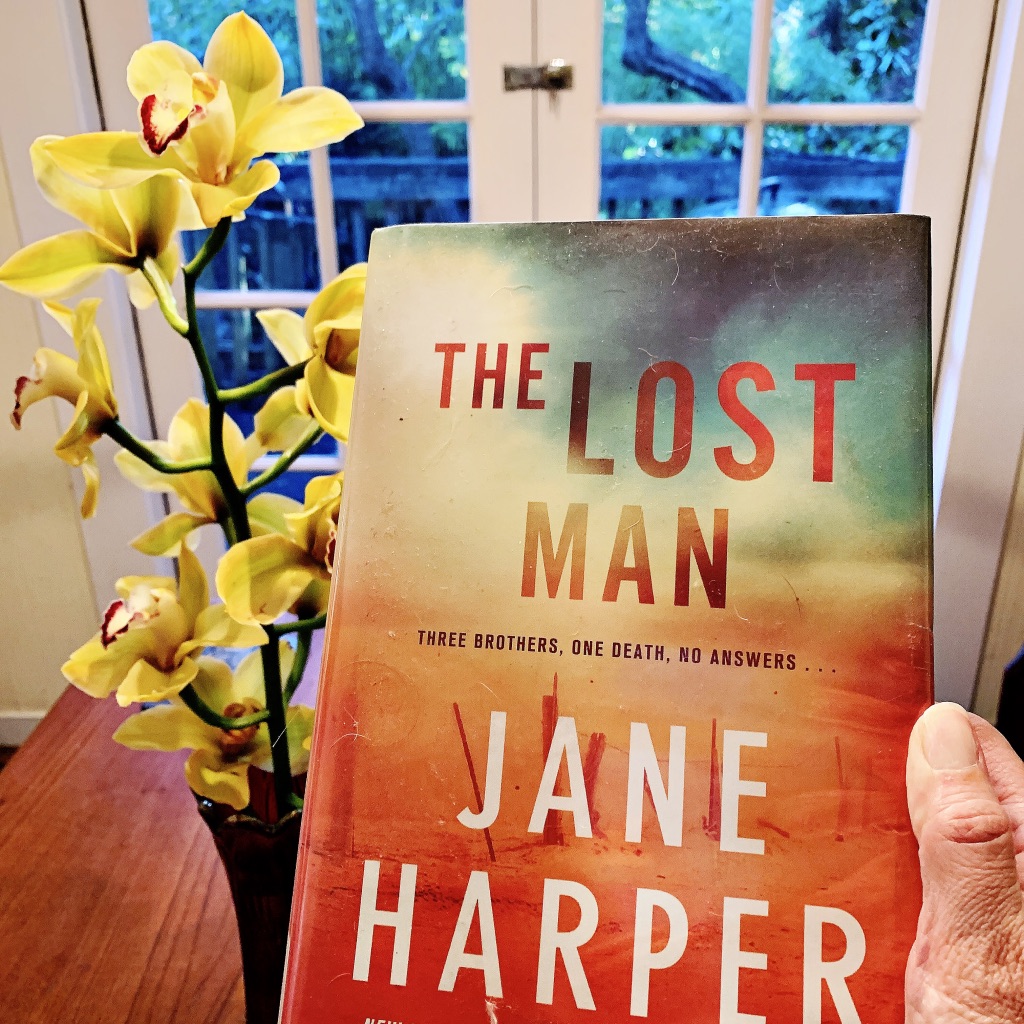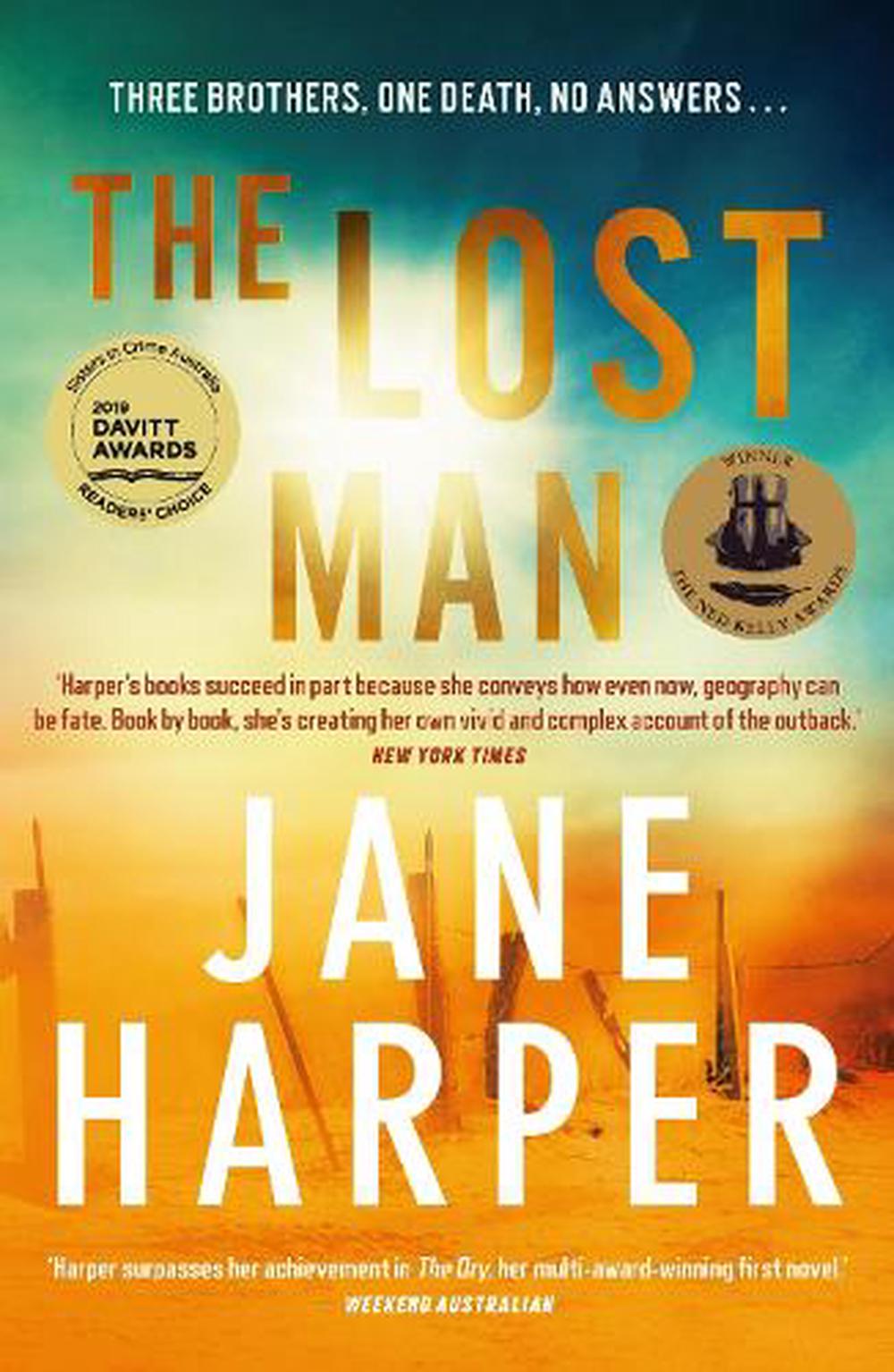

With each page, there’s a nagging thought that something isn’t quite right. For a novel close to 400 pages, it’s easy to zoom through.

It’s not until the very last line that it feels like you can finally gulp mouthfuls of water. We’re parched for more details - more answers - and the book itself offers no reprieve. Like Nathan sifting through more and more answers of Cam’s past, the reader must sift through tumbleweeds of red herrings. As the tensions of the book rise, so does the temperature. The weight of each page feels heavy as if the heat was palpable. The sparse sentences mirror the stretch and length of blank and vacant land. Jane Harper’s style is sticky with the thick, Australian heat. “The Lost Man” forces you to question parts of the story that you accepted unequivocally and, like Nathan, examine what’s true, what’s not and the blurred line between. “The Lost Man” never stagnates, the more that Nathan uncovers, the more it seems that the once inconsequential trivialities prove to wield deeper and darker implications. As Nathan examines his own regrets and past - his relationship with his family and the pieces of his brother that were hidden in plain sight - he stumbles upon a disturbing string of family mysteries. Nathan decides to return to his smaller-than-small hometown to investigate his brother’s death with his fifteen-year-old son in tow. Like the myth of the stockman, Cam had no injuries, no water and was found only nine kilometers from his truck.Ĭam has breathed in the barren Australian outback air since birth. This time, it’s about three brothers: Nathan, the oldest, ostracized from the community and living three-hours from the closest human Bub, the baby of the family, separated by 12 years from his oldest brother and Cam, dead beneath their feet.


In the stretches and stretches of hot, barren Australian land over a hundred years later, Jane Harper’s “The Lost Man” tells an eerily similar story. According to the story, he was found the same day he disappeared. A hundred kilometers south lies his body. Instead of continuing to herd cattle, the stockman stays with the horses.


 0 kommentar(er)
0 kommentar(er)
